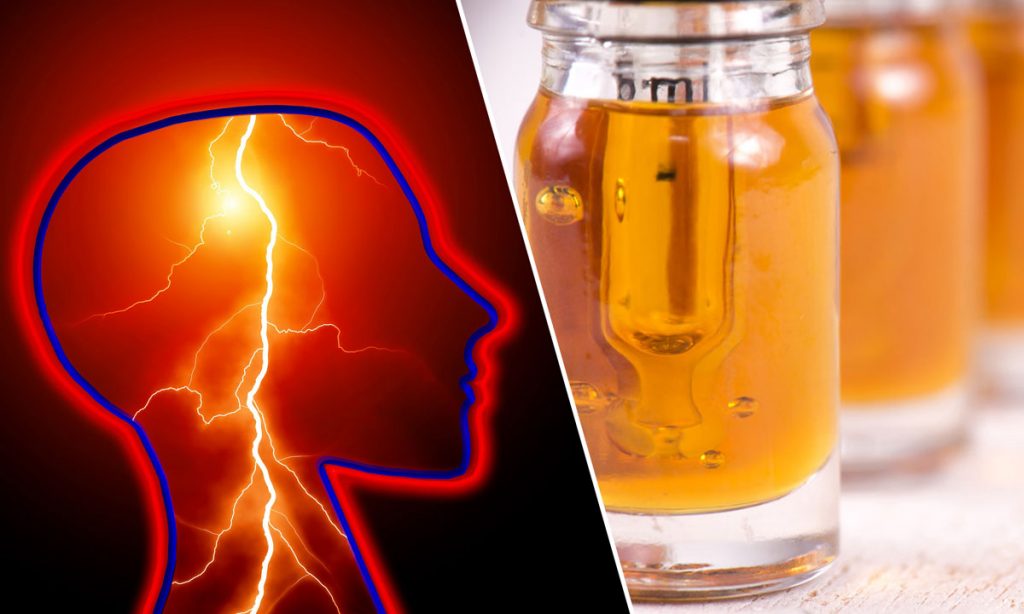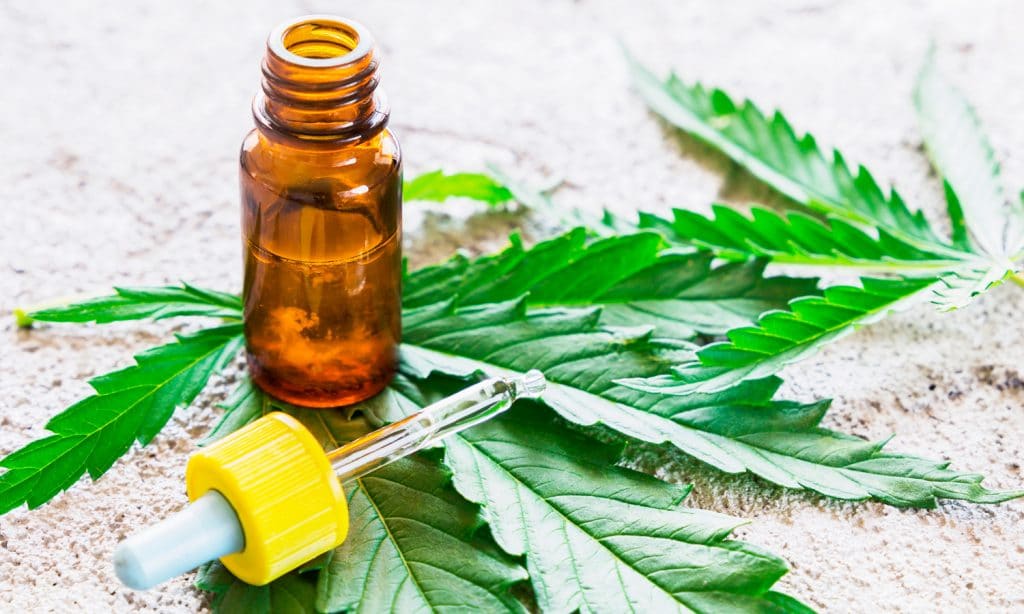When hormone issues are caused by environmental factors like toxins, growth hormones or waste byproducts, it affects not only the body’s ability to reproduce, but the aging process as well.
Sometimes, emotions are like fireworks, suddenly exploding into colorful arrays, spilling down into every facet of life. Talk to any woman who has fluctuating hormone levels and she’ll tell you that feeling unbalanced or “out-of-whack” is something that she wishes never occurred.
Scientists have been looking into the link between hormone imbalance, early menstruation, and quality-of-life for decades. While not always caused by environmental factors, (some are genetic or induced by thyroid problems or stress,) hormone imbalances can affect mood, weight gain, hair loss and pain levels. While both men and women are susceptible to hormone fluctuations, Between the Bridges Healing Center explains that, “Women experience hormonal imbalances at key transitions in their lives, for example, puberty, childbirth, perimenopause and menopause. “
Amanda Holmberg-Sasek, a therapist at Radiant Living Therapy out of Plymouth, Minnesota, says she often sees clients who are experiencing the effects of hormone imbalance and its direct connection to a healthy sex life. “Working with the psychological effects of hormone imbalance can really help make big changes In and out of the bedroom,” she explained. Often a cause of dysfunction in relationships, she believes having a conversation is the first step to feeling and communicating more effectively with your partner.
When hormone issues are caused by environmental factors such as toxins, growth hormones or waste byproducts, it affects not only the body’s ability to reproduce, but the aging process as well. According to the Dr. Shel wellness center in Sugarland, Texas, an imbalance can overwhelm the liver, which helps “to filter out excessive hormones.” When the liver can’t keep up with the disruptors in the food we’re eating, the air we’re breathing and the water we’re drinking, we experience symptoms, like, “weight gain, brain fog, sleepless nights, headaches” and more.






